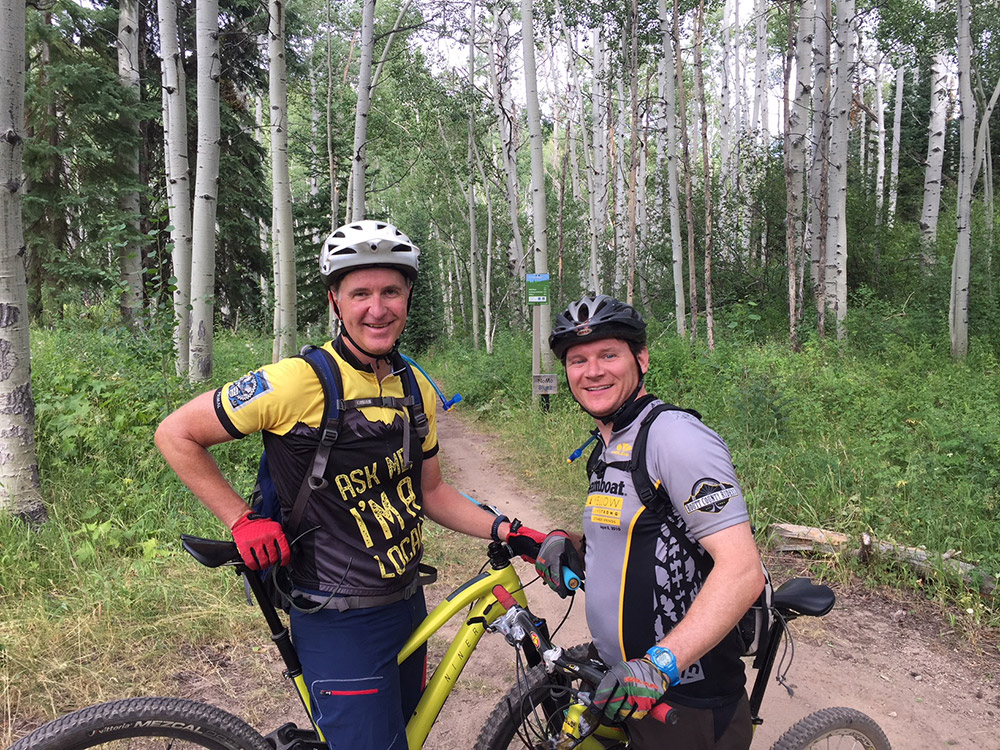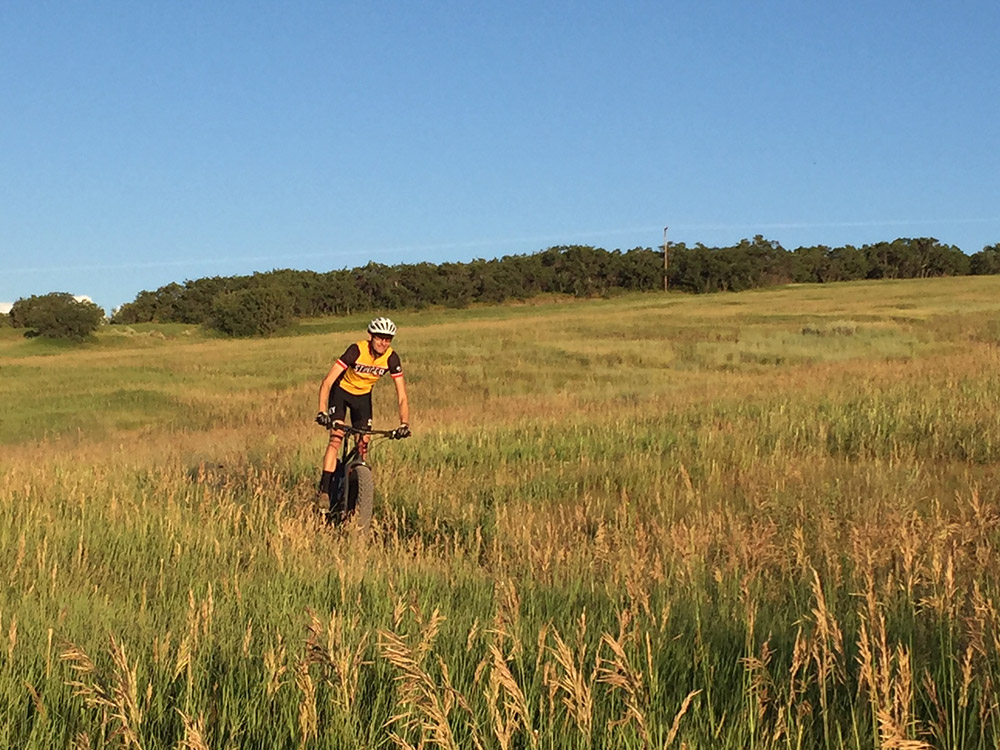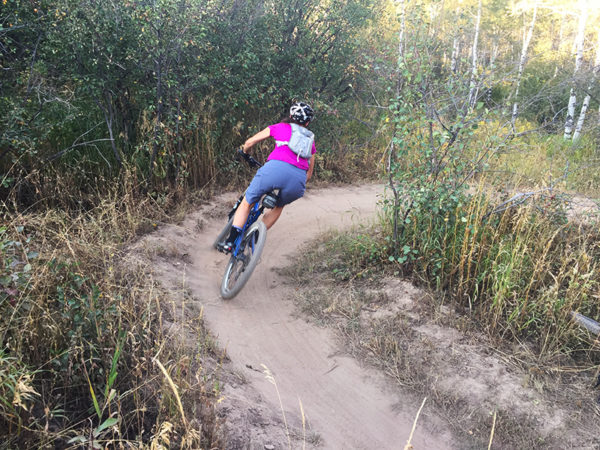A few weeks back I received a notification from my cell phone provider saying that I had just 7% of my monthly data left with 5 days to go until the end of my billing cycle. Being a total cheapskate and unwilling to pay more for what I already feel is an astronomic monthly bill, I decided to go on data lockdown. This included shutting off my Strava app until my data account reset. As a way of documenting how this affected my psyche, I continued the experiment for another 2 weeks afterwards.

Riding without my favorite fitness app was something I imagined would be liberating. The idea of riding for the pure love of the sport was something I all but forgot once I was introduced to the concepts of GPS tracking, segment leaderboards, personal records, kudos and friend challenges. So hitting my local trails without being wirelessly connected to my virtual pacemaker was at first welcomed with open arms.
I recall the initial few rides being filled with thoughts of “I wonder how my pace compares to the last time I rode this section” and “How will I explain to my riding buddies that I really haven’t taken a week off the bike?” I once worked with a guy who would say that “If it’s not in writing, it doesn’t exist.” As guilty as it made me feel, I couldn’t help but shake the habit of ride tracking.
But about the 4th day and five rides in I began to loosen up. Anytime I caught my mind beginning to analyze my effort beyond a simple “too slow” or “too hard” I would mentally regroup. I remember having to remind myself time and again why it is that I fell in love with biking to begin with. I started noticing the way the sunlight cast long shadows in the early morning and the sound the elk make in the far distance when you make the effort to just be quiet and listen. By making a conscious effort I found myself beginning to ease up to simply enjoy the trail ahead for the sake of it. The only problem was that this feeling didn’t last long.
As much as I tried to be the guy who claimed not to care any longer about how my efforts stacked up against the masses, I found myself falling short. As my legs continued to stack up miles of exercise, what I found was that I began to become even more distracted thinking about my perceived effort. It was as if I needed to crunch the numbers in my head without the GPS guidance of Strava to help.
You see, what I discovered is that I wasn’t necessarily using Strava to compete or turn every ride into a race. But I did enjoy (and subsequently missed while I was riding Stravaless) was the post-ride recap of my efforts. Whether I started the ride on a mission to improve my personal segments or I set out to just relax and spin, I still liked the idea of seeing my weekly miles build as I continued to roll my tires.
Believe it not, I was actually more relaxed along my rides once I turned Strava back on than I was without it. I’ve come to ascertain that, for me, knowing that my digital tracker was with me for the ride allowed me to forget about my effort in that particular moment and take the time to enjoy my surroundings. Knowing that I could spend my time off the bike analyzing and comparing my efforts and routes actually allowed me to more thoroughly participate “in the moment” when I was stomping my pedals. It was as if I had a digital safety net that I could trust to record my fitness for later consumption so I was released to just sit back and enjoy.
So whether you believe mobile apps like Strava have changed the sport for better or worse, for me and this experiment, I found myself surprised to realize how relaxing it can be to have some form of digital tracker. Not all mobile apps act as a liberator versus a distraction from everyday life. But in the case of my riding style and this experience, I’ve found that having an app like Strava by my side actually helped me enjoy the sport of biking more thoroughly.




